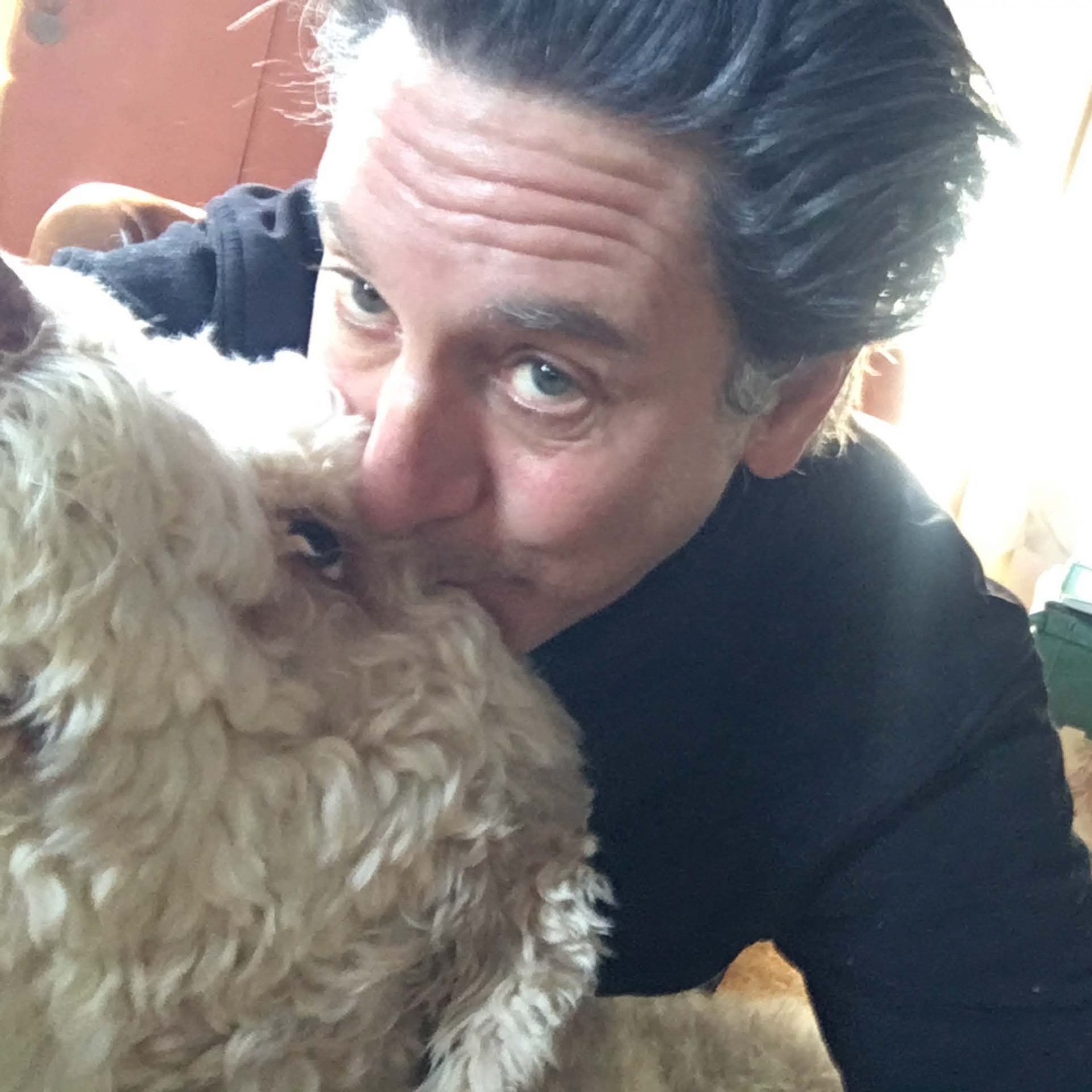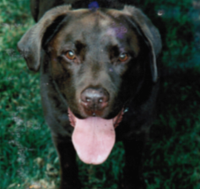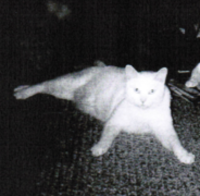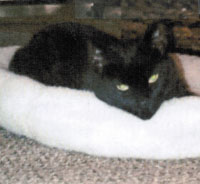This is Fanny and me. We, or I guess she really, are now in the fourth week after her CCL operation almost to the day that her other knee was operated on a year ago. Both by the wonderful, magical, and caring Dr. Haroush. Last year, pre-pandemic, with a looming scare, a big price tag and months of rehab in front of us, Dr. Haroush, Jose and the rest of this magnificent team treated us immediately, helped us in more way we could count all with the kindest and most knowledgeable of treatments. Fanny felt like it was another home and we felt like we were welcome to be as neurotic as we could be about our dog. She healed up quickly and then like clockwork which Dr. Haroush said might happen, it did again, the other knee. Now it was even worse with the Pandemic in full swing, money really tight, time tighter, it felt so huge and totally overwhelming. Did Dr. Haroush come to the rescue? He certainly did. Again, she is healing nicely, we are healing along with her and I would never send her to another vet as long as she lives. Dr. Haroush and team are spectacular in their wisdom and care. Along with treating Fanny it was like he was treating me for all the insanity we are all feeling right now. Everyday and beyond the care was present. And most of all Fanny feels loved and taken care of. What more could you ask for. I wish it was all this simple.
-
Dog Vaccinations
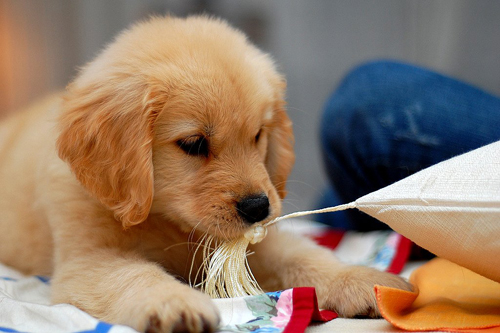
Distemper Vaccinations
- Distemper Virus
- Hepatitis Virus
- Parainfluenza Virus
- Parvo Virus
- Corona Virus
Canine Distemper Virus causes respiratory disease, diarrhea, fever, muscular twitches, seizures and discharge from the eyes and nose area. This disease is common among dogs in shelters.
Canine Hepatitis is a virus common to young, unvaccinated animals and attacks organs throughout the dog’s body producing respiratory disease, fevers, abdominal pain and enlarged lymph nodes.
Parainfluenza Virus causes respiratory disease and can develop into pneumonia. It causes “Kennel Cough,” which is the inflammation of a dog’s voice box and windpipe.
Parvo and Corona Viruses cause severe intestinal problems in dogs. Symptons of those infected include vomiting, bloody diarrhea, depression and dehydration.
Vaccination Recommendations:
- Start puppy vaccinations at 6-8 weeks of age
- Revaccinations every 3 weeks until 14-15 weeks of age
- Revaccination should start one year after initial doses are administered and then every 3 years after that to maintain adequate protection
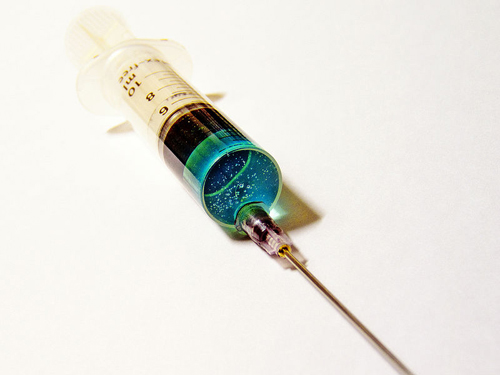
Leptospirosis Vaccination
Leptospirosis is a virus most known to severely infect the kidneys but can also infect other organs as well. It is usually contracted when dogs eat grass that was previously infected by urine.
Vaccination recommendations:
- Two doses at approximately 12 and 15 weeks of age
- Annual revaccination to maintain adequate levels of immunity
- Semi-annual revaccination (every 6 months) for dogs at high risk of exposure
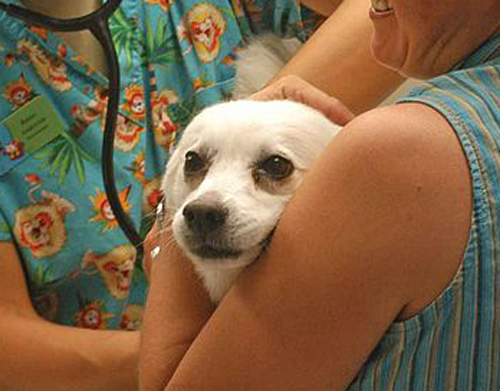
Rabies Vaccination
The rabies virus attacks the nerve tissue and can affect all warm-blooded animals. Rabies vaccination of all dogs and cats (even indoor cats) is required in all states as it is also a threat to humans.
Rabies is spread by bite wounds and exposure to the saliva of infected animals. If your cat is unvaccinated and fights with a wild animal or is found with unknown wounds, it is suspect for rabies exposure. The disease develops slowly over 10 days into several months. While some infected animals withdraw and avoid contact with others, some may become unnaturally aggressive and may attack.
If a vaccinated rabies-infected animal shows signs of the disease, it can be given a booster vaccine and be considered safe from the infection. However, unvaccinated rabies-infected animals must be quarantined for 6 months or euthanized (humanely destroyed). Although infected humans can be vaccinated successfully in early stages of the disease, the treatment is costly and extremely uncomfortable.
Vaccination recommendation:
- First vaccination is given at 3 months of age or older
- Revaccinate in 1 year, and then revaccinate every 2 years, or annually in outdoor dogs or those at high risk of exposure to the disease
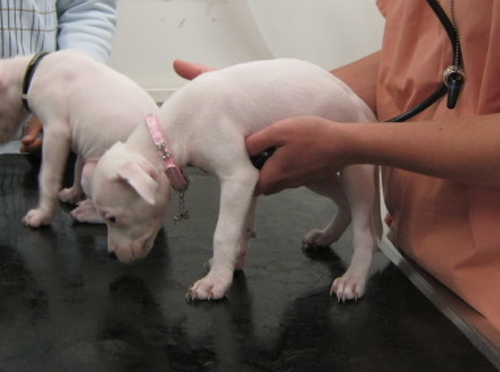
Bordetella “Kennel Cough”
Bordetella is the principle organism involved with Kennel Cough. Transmission usually occurs when dogs are housed together in close proximity such as in a boarding kennel, grooming parlor, or at a dog show. It causes a dry hacking cough that can persist for days or even weeks. We primarily recommend this vaccine for “at-risk” dogs that are to be boarded or that are groomed on a regular basis.
Vaccination recommendation:
- First dose given at 3 weeks of age or older, at least 1 week before boarding, then annually as indicated
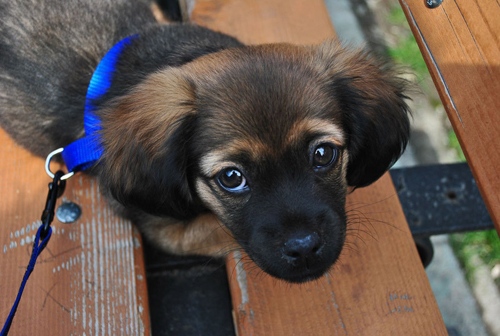
Lyme Disease
This tick-borne bacterial disease is caused by an organism called Borrelia Burgdorferi. It is largely contracted from deer ticks, but has also been found in brown dog ticks. Symptons of this disease include fever, pain, loss of appetite, lethargy and depression.
Vaccination recommendation:
- First of two initial doses given at 7 weeks of age or older
- Revaccination as indicated on a case-by-case basis
-
Cat Vaccinations
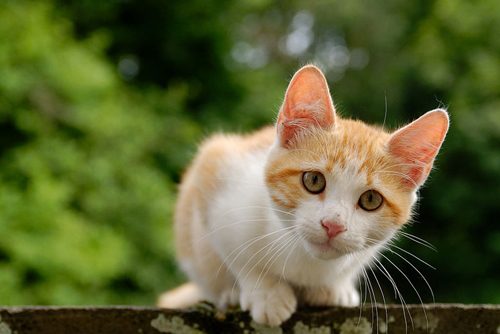
Distemper Vaccinations
- Feline Viral Rhinotracheitis
- Feline Calicivirus
- Feline Panleukopenia
Cats can easily pass respiratory diseases to one another from simply coughing or sneezing. Kittens can get even pneumonia and die from these diseases as they are young and vulnerable. These vaccinations help prevent your feline from sickness and make sure it is healthy for many years to come.
Respiratory disease causes cats to have the following symptoms:
- Watery or Sticky Discharge from the nose and eyes
- Nose and Mouth Sores
- Inflamed Eyes
- Fevers
Most feline respiratory diseases are caused by either feline viral rhinotracheitis or feline calicivirus. Rhinotracheitis tends to be more severe and can cause abortions in pregnant cats. Cats with a Calicivirus infection often develop ulcers. Panleukopenia, or feline distemper, is a disease in the intestines that causes vomiting and diarrhea.
Vaccination Recommendations:
- Start feline vaccinations at about 8 weeks of age
- Revaccinate every 4 weeks until 16 weeks of age
- Maintain adequate protection against respiratory viruses with annual revaccinations
- Revaccination for Panleukopenia should start one year after the initial doses are administered and then every other year after that to maintain adequate protection
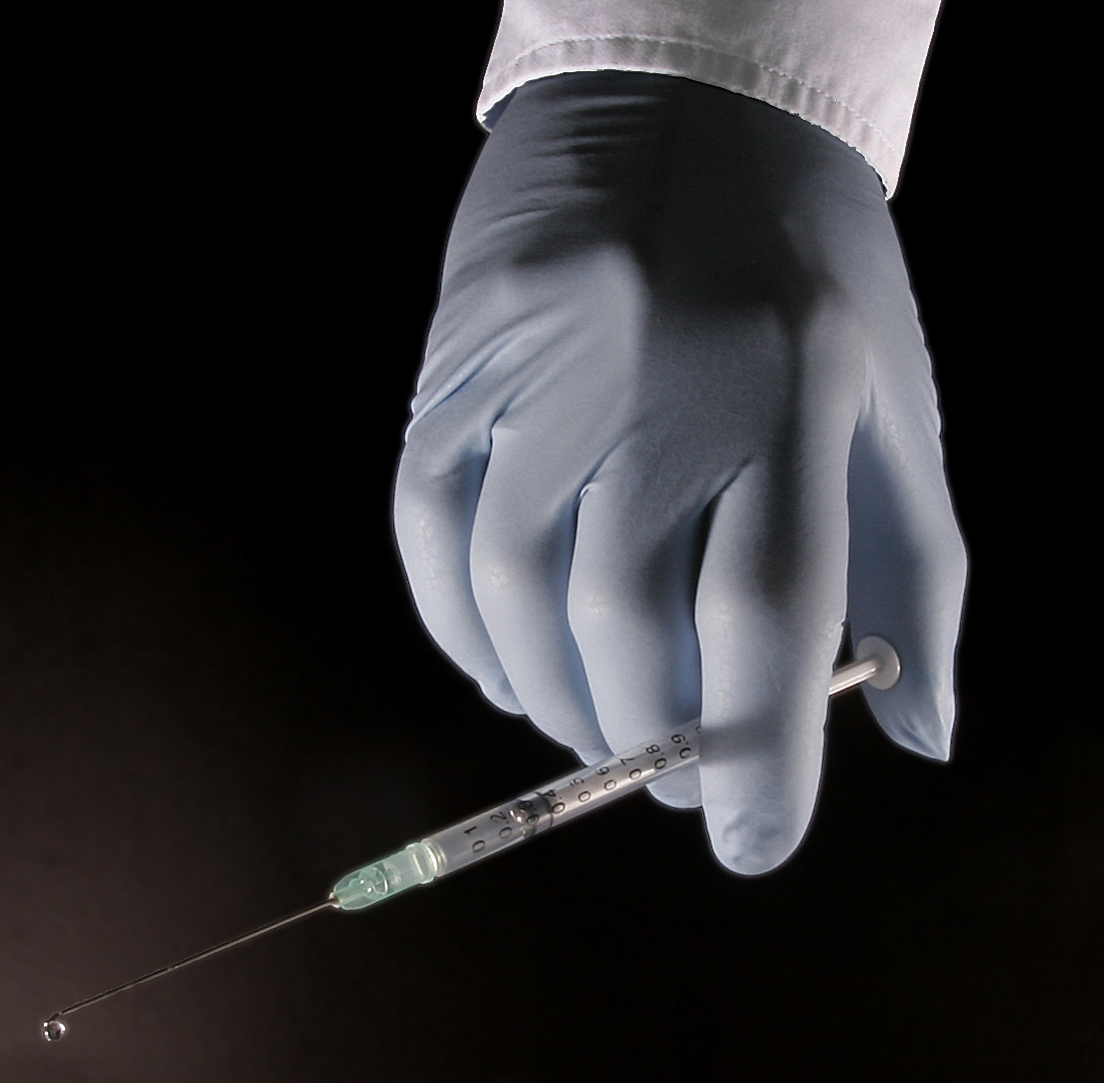
Rabies Vaccination
The rabies virus attacks the nerve tissue and can affect all warm-blooded animals. Rabies vaccination of all dogs and cats (even indoor cats) is required in all states as it is also a threat to humans.
Rabies is spread by bite wounds and exposure to the saliva of infected animals. If your cat is unvaccinated and fights with a wild animal or is found with unknown wounds, it is suspect for rabies exposure. The disease develops slowly over 10 days into several months. While some infected animals withdraw and avoid contact with others, some may become unnaturally aggressive and may attack.
If a vaccinated rabies-infected animal shows signs of the disease, it can be given a booster vaccine and be considered safe from the infection. However, unvaccinated rabies-infected animals must be quarantined for 6 months or euthanized (humanely destroyed). Although infected humans can be vaccinated successfully in early stages of the disease, the treatment is costly and extremely uncomfortable.
Vaccination recommendations:
- First vaccination is at 3 months of age or older
- Annual revaccinations to maintain adequate protection
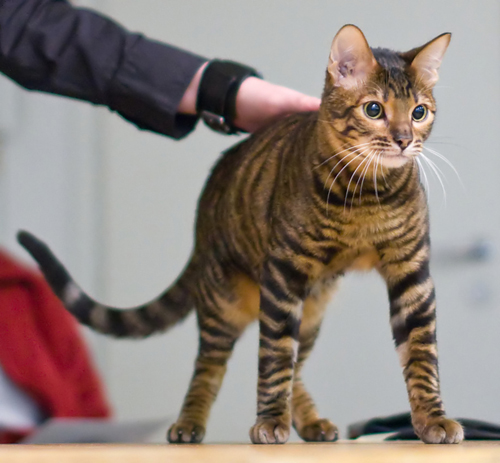
Feline Leukemia/ Feline Immunodeficiency Virus (FeLV/FIV)
All new pets in a household should be tested for these two common diseases. Infection can be spread from mother to kitten (usually just FeLV) or from exposure with another infected cat (both FeLV and FIV). Most cats infected will eventually die from these viruses as they interfere with the immune system, leaving your cats unable to fight off other infections.
Test recommendation:
- Test all new cats
- Kittens tested prior to 9 weeks of age need to be retested 1-2 months later
Vaccination recommendation:
- 2 initial vaccinations, given 2 to 4 weeks apart
- Revaccination every 1 to 3 years as indicated
We help owners decide how often their cat needs to be revaccinated on a case-by-case basis. Strictly indoor cats in a single cat household may only need to get revaccinated every 3 years due to their low risk of exposure while other cats may need to get revaccinated annually.

